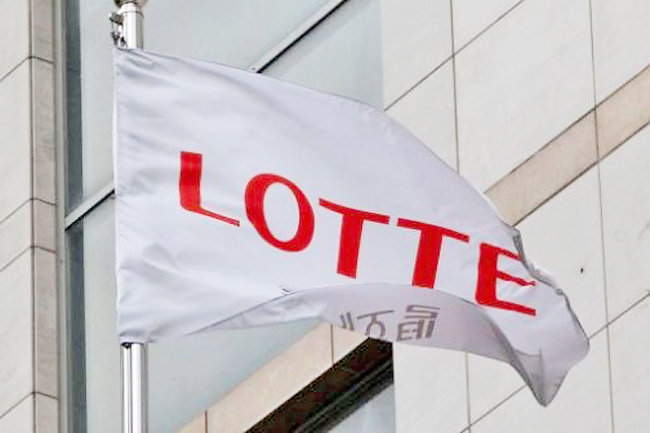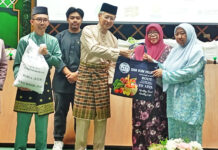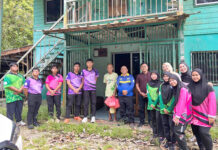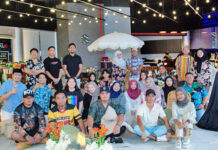ANN/THE STAR – When Kelly Yoon, a 38-year-old mother from the middle-class enclave of Songdo on the outskirts of Seoul, attended a school event for her nine-year-old daughter, she was stunned by the designer goods dripping from the other mums.
“I saw all kinds of Chanel bags on my way to the classroom,” she said. “Mothers love Bvlgari’s Diva’s Dream and Van Cleef and Arpels’ jewellery collections, and a Moncler winter jacket is actually a ‘uniform’ for mums here. The most popular car is a Mercedes-Benz sport-utility vehicle.”
It’s a scene playing out across the country, where a potent mix of status seekers, cashed up homeowners and YOLO-ing (you only live once) millennials has combined to make South Koreans the world’s biggest per-capita spenders on luxury brands.
South Koreans’ spending on personal luxury goods from designer handbags to USD2,000 puffer jackets, rose 24 per cent to KRW21.8 trillion in 2022 – equal to about USD325 for every man, woman and child, according to a Morgan Stanley report published earlier this month.
Helping fuel the surge was South Korea’s runaway housing boom, which saw property prices in some cities double during the pandemic, making homeowners feel wealthier.
On the flip side, younger South Koreans despairing they’d never get on the property ladder decided instead to spend their income on luxury treats.

The trend mirrors a global upswing in luxury spending, driven in part by growing affluence worldwide, that has held propel Bernard Arnault, the French tycoon behind luxury-goods powerhouse LVMH, to become the world’s richest person.
“Everyone seemed so optimistic about their future during the pandemic,” said Lee Wonjae, a sociology professor at Kaist Graduate School of Culture Technology in Daejeon.
“Consumer confidence was so strong because stocks, cryptocurrency and housing prices were rising. Even though some people missed the opportunities, their friends were making money, so they believed everything was going to be like this forever.”
Millennials have also contributed to the luxury boom, said Ahn Dong-hyun, an economics professor at Seoul National University.
“They might have given up on buying a house and try to make themselves happy by buying expensive stuff instead.”
According to a 2022 report from retail giant Lotte Group’s member loyalty unit, purchases of luxury goods by people in their 20s jumped 70 per cent in 2021 compared to 2018, the strongest growth among all age groups.
Christine Lee, a 30-year-old worker who earns about USD24,000 a year at an insurance company, said she bought a KRW1.6 million Marni handbag in 2020.
“All my friends have at least one luxury handbag,” she said. “South Korea’s Gen-Z has a motto: YOLO. We can’t buy a house, it’s too expensive, so why should we save money for the future?”


















































